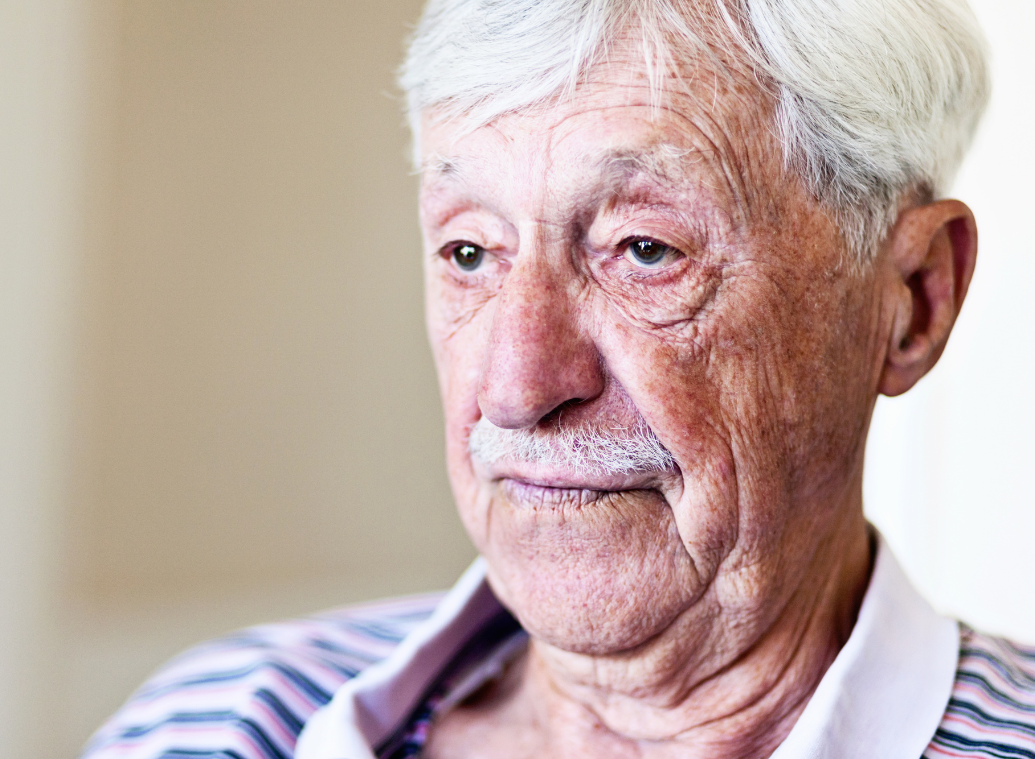Parkinson's disease diagnosis: Carenity members tell their story
Published 22 Oct 2019 • Updated 17 Jan 2020 • By Louise Bollecker
Our members affected by Parkinson's Disease tell the story of their diagnosis. Symptoms, emotions, examinations and relationships with their doctors.
Carenity survey of 134 Parkinson's Disease patients.


The majority of patients surveyed waited more than a year to be diagnosed after the first symptoms and the 85% consulted between 1 to 3 doctors before reaching their diagnosis.
It can sometimes take a long time to get a correct diagnosis. 61% of patients suffering from Parkinson's Disease reported waiting over 1 year for diagnosis after first experiencing symptoms. Almost all patients reported experiencing symptoms before their diagnosis even if they were surprised to discover it was Parkinson's. Overall, the symptoms ranged in severities and locations, but the majority of patients complained of the following:
Fatigue | Memory Loss | Tremors | Poor Balance | Shaking | Confusion
Before the diagnosis: the impact of Parkinson's Disease
We asked our members what aspects of their daily life had been affected by these symptoms caused by Parkinson's Disease?
 Personal life - 38%
Personal life - 38%
 Chronic fatigue - 54%
Chronic fatigue - 54%
 Family life - 37%
Family life - 37%
 Hobbies and activities - 49%
Hobbies and activities - 49%
 Social life - 45%
Social life - 45%
 Professional life - 54%
Professional life - 54%
 Chronic pain - 33%
Chronic pain - 33%
Many of members living with Parkinson's found that they suffered most in their personal life as many were too exhausted to spend time significant others or to go out before they were diagnosed. This can perhaps be connected with the chronic fatigue reported by a majority of respondents. Fortunately, chronic pain was the least felt impact by respondents.
Before diagnosis, 44% of patients did their own research on the Internet concerning their symptoms and they reported using websites such as the NHS, Mayo Clinic, and Diabetes UK, or just inserting symptoms into Google. Several respondents mentioned that they recognized the symptoms from family members who suffered from the same condition or because they were employed in the medical sector.
Respondents to our survey were moderately enthusiastic about alternative treatments, with 20% responding positively to having tried them. Those who did experiment with alternative therapies tried clean eating, exercise, meditation and hypnosis among other remedies.
Being diagnosed with Parkinson's disease: What they had to say
For many diseases, the road to being diagnosed is hindered by misdiagnosis. A significant minority of the respondents to our survey - 29% - were subjected to a diagnosis error, which points to the need for improvement in diagnosis methods for Parkinson's.
Carenity members who were misdiagnosed reported false diagnoses of essential tremors and hyperparathyroidism.
Diagnosis - A real shock
For many respondents being diagnosed with Parkinson's disease was a traumatic and life-changing event while others reported feeling nothing at all.
 It wasn’t a shock, I was expecting it - 34%
It wasn’t a shock, I was expecting it - 34%
 It was horrifying - 19%
It was horrifying - 19%
 I didn’t feel anything in particular - 14%
I didn’t feel anything in particular - 14%
 It was brutal - 47%
It was brutal - 47%
 It was a relief - 20%
It was a relief - 20%
Finding out that you have Parkinson's disease can be a frightening event but surprisingly, 34% of those surveyed said they were expecting it, while 14% of patients don't remember feeling any way in particular. Like many other chronic conditions, where receiving a positive diagnosis can sometimes be met with shock or horror, the majority of Parkinson's disease respondents felt frightened or confused.
The role of doctors and healthcare professionals
The role of the healthcare professionals making the diagnosis is key. Sometimes patients do not feel sufficiently listened to or informed about their condition. The good news is that most Carenity members felt that their doctor took their time explaining the diagnosis to them whilst also being calm and empathetic. The main fault some respondents found with their physician was an impression that the doctor take their time explaining the diagnosis or that they were cold and distant while delivering the diagnosis. However, positive ratings outweighed the negative ones.
The following statistics show how members felt their doctors handled the situation of relaying their diagnosis to them:

42% - The doctor was calm
43% - The doctor took the time to explain
25% - The doctor was empathetic
12% - The doctor offered psychological support

25% - They were cold and distant
22% - They were too fast explaining
13% - They looked like they didn’t care
7% - They used only scientific, hard to understand language
Patient struggled with facing Parkinson's disease diagnosis
We asked our members how they felt emotionally after receiving their diagnosis, whether they felt optimistic or pessimistic about their future medical journey. Many members responded having felt several emotions at once:
28% of patients felt relieved by the diagnosis but this was coupled with 40% feeling a great deal of anxiety. This anxiety was accompanied by shock and surprise, according to 23% of respondents. 28% reported feeling lost, confused and alone, 21% felt anger about their diagnosis, 16% of patients had the sensation of being misunderstood whilst 23% felt discouraged.
39% felt determined to fight the disease, but only 13% had confidence for the future while 23% felt discouraged.
How can the diagnosis of Parkinson's disease be improved?
The most common problem that patients had when receiving their diagnosis was a lack of information:
- "Doctors should spend more time explaining the disease."
- "More time explaining what to expect from the disease."
- "It's a life changer and we would have appreciated more time with the Neurologist."
Other respondents were upset with the way they were informed, a perceived lack of empathy, or how long it took to get a proper diagnosis:
- "I would have appreciated being told earlier rather than having to ask."
- "A more discrete exam of the individual. They should take the individuality of each patient into account and a very strong history upfront."
- "I wish I had someone with me."
On the positive side, at least one patient was happy with the way medical staff informed them of their diagnosis and the information they received:
- "It was handled very professionally and therefore I wouldn't really have it changed ."
And what is your story?
Let's share our experiences and that of our loved ones in the comments on this article to improve the diagnosis of Parkinson's disease!
Carenity survey of 134 Parkinson's Disease patients in the US, UK, France, Spain, Italy and Germany

 Facebook
Facebook Twitter
Twitter





